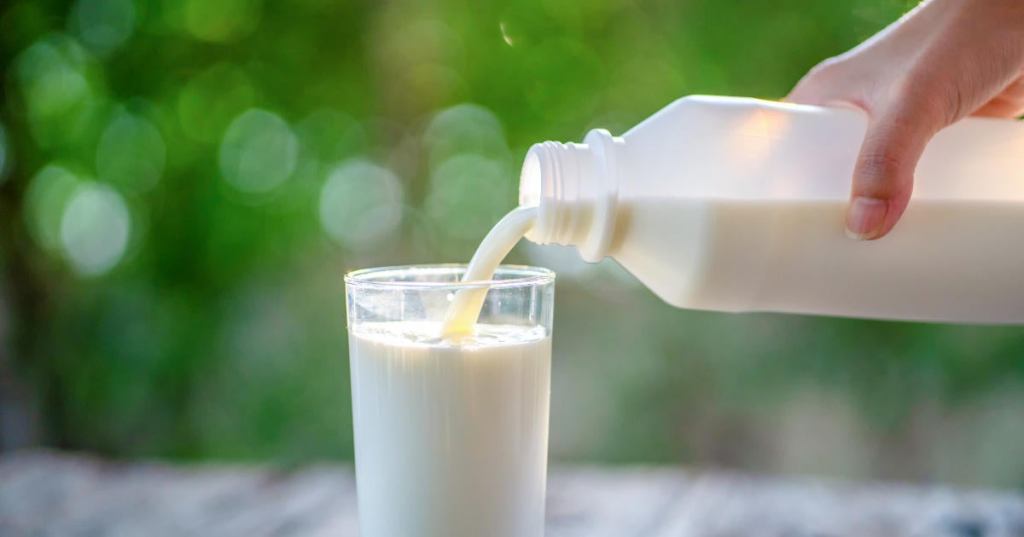Amid the U.S.’s ongoing outbreak of bird flu among dairy cattle, and less than a month after a dairy worker in Texas tested positive for avian influenza, the U.S. Food and Drug Administration (FDA) said Thursday that traces of the bird flu virus have been found in samples of pasteurized milk. According to the agency, 1 in 5 samples of pasteurized milk obtained from grocery shelves tested positive for the disease, leaving consumers asking if it is still safe to drink milk?
The FDA first said Tuesday that it had found viral fragment of the bird flu in commercially sold milk, with the U.S. Department of Agriculture (USDA) on Wednesday issuing a federal order that all dairy cows being transported from across state lines be tested for the virus. In its Thursday update, the FDA said the tested milk came from a nationally representative sample, adding that “a greater proportion of positive results” came from milk in areas with infected herds of dairy cows. Despite the presence of the bird flu virus in the samples, the FDA and the USDA said the commercial milk supply is safe and that only fragments of the virus, and not live, infectious virus, have been detected in the samples.
Videos by PopCulture.com
“Early work by NIH-funded investigators indicates an absence of infectious virus in their studies of retail milk. To date, the retail milk studies have shown no results that would change our assessment that the commercial milk supply is safe,” the FDA said. “The FDA and USDA have indicated that based on the information currently available, our commercial milk supply is safe because of these two reasons: 1) the pasteurization process and 2) the diversion or destruction of milk from sick cows.”
In a separate statement this week, the National Milk Producers Federation said the “viral fragments detected” in the milk samples “are nothing more than evidence that the virus is dead; they have zero impact on human health. Further, the federal PMO prohibits milk from sick cows from entering the food supply chain. Milk and milk products produced and processed in the United States are among the safest in the world.”
The current bird flu outbreak began in March when the virus – a strain of highly pathogenic avian influenza known as H5N1 – was detected on a Texas dairy farm in late March. To date, the virus has been detected in 33 herds in eight states – Idaho, Kansas, Michigan, New Mexico, North Carolina, South Dakota, Ohio, and Texas. The current outbreak also marks the first time this strain of the virus has been detected in cows and also the first cow-to-human transmission of bird flu, the U.S. Centers for Disease Control and Prevention (CDC) said.









